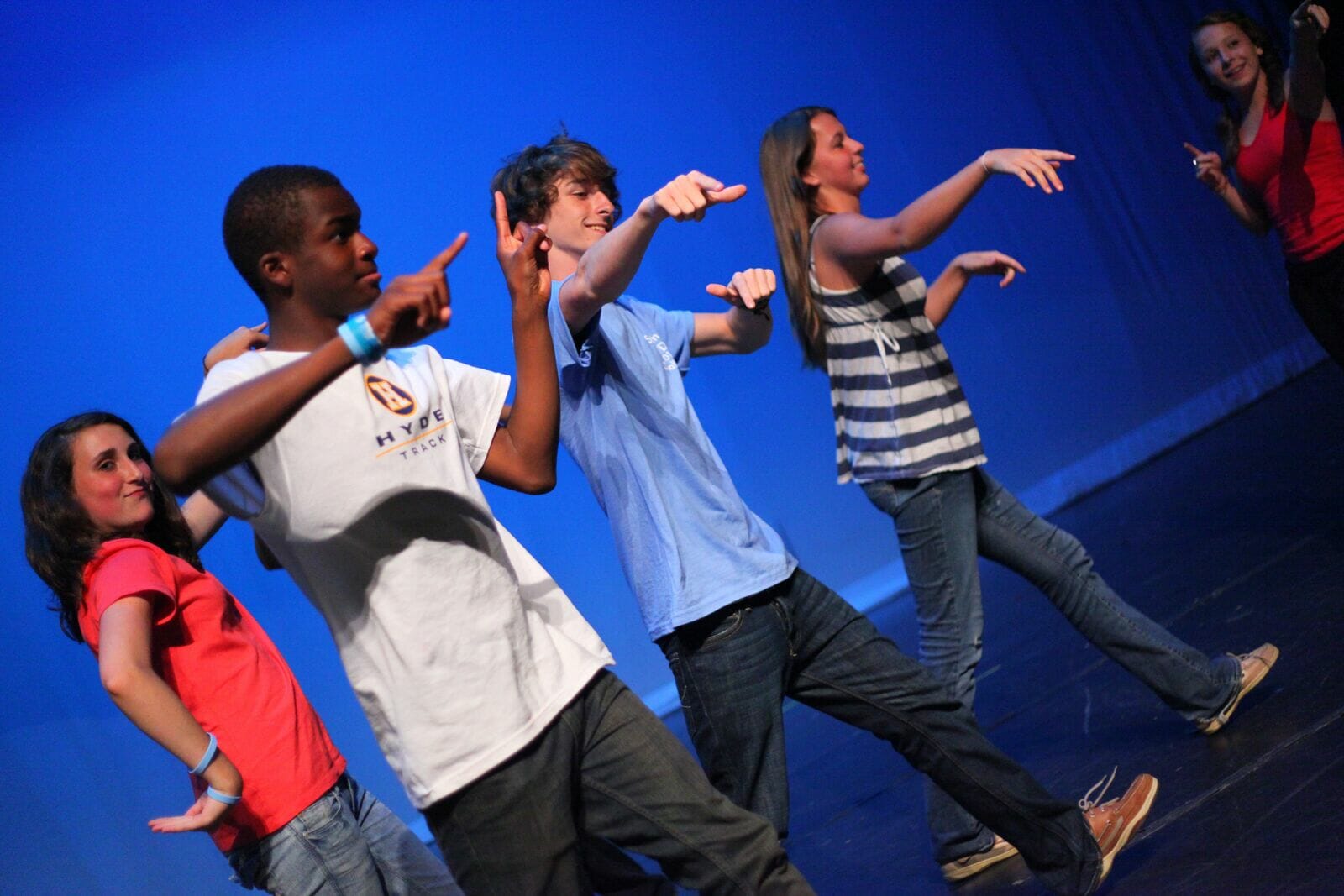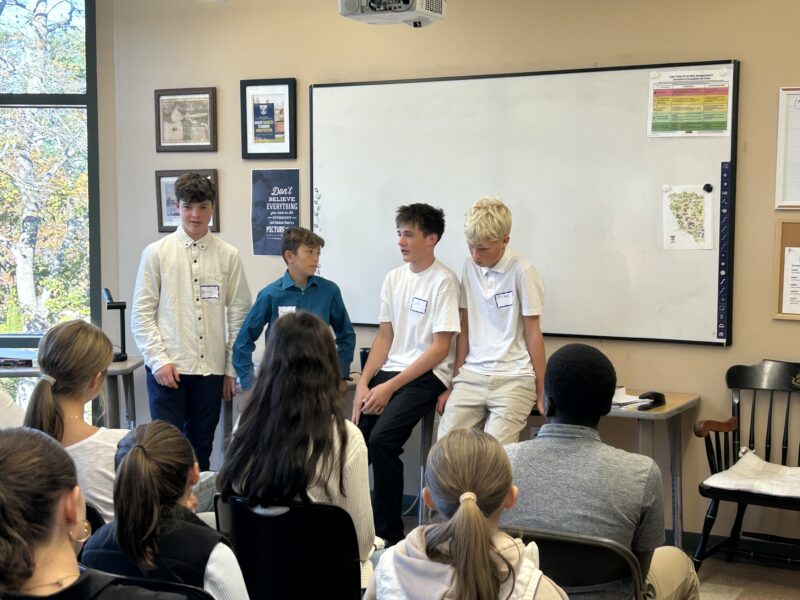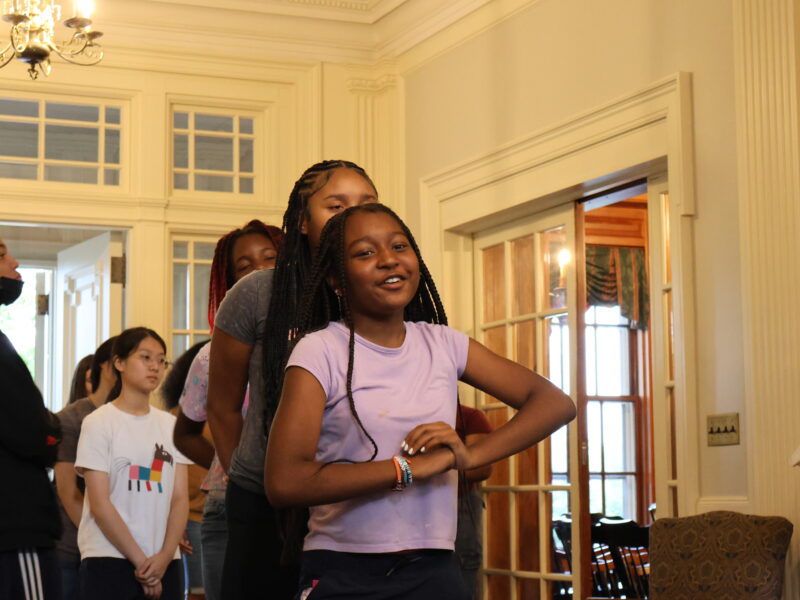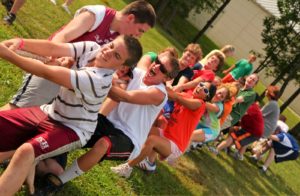
Nobody objects to the idea of the Discovery Process. I mean, it’s pretty hard to argue against the goal of working toward an enhanced school culture.
In our discussions, we have encountered three common objections:
1. Mixed-Aged Discovery Groups: “I’m not crazy about the idea of my 5th grader being mixed in with 8th graders.”
2. Jobs: “Why should my child do chores at school when janitors are already paid to do them?”
3. Cutting Into Academic Time: “Doesn’t all this extra-curricular stuff take away from academic learning?”
Let’s take these one at a time, starting with the mixed age concern.
It might be useful to understand the motivation behind starting the Discovery Process in the first place. It all started twenty-five years ago on Bob Hassinger’s first day on the job as principal of Halifax (PA) Middle School. By lunchtime, he found himself wincing upon observing some of his eighth graders cutting the lunch line and cordoning off sections of the cafeteria where only they, the self-appointed “cool kids,” could sit. He noticed that the 5th graders felt nervous and a bit scared. When he challenged the 8th graders on their behavior, one responded with something to the effect of: “Hey, they (8th graders) did it to us when we were 5th graders. So, now it’s our turn.” Before Week #1 was over, he found himself searching for ways to change the “we/they” atmosphere to one where the students might feel that “we’re all in this together.”
His mixed-aged idea got more resistance than he expected. Parents of 5th graders were reluctant to have their children thrown into a mix with older kids who were beginning to explore the fascinations of teenaged social interactions. Meanwhile, the 8th graders were less than excited about having a bunch of 5th graders interfering with said exploration. However, over time, both groups began to appreciate the benefits of sharing their homeroom experiences.
Before the year was over, Bob and his faculty agreed that a culture was taking form where their students consistently:
- Felt more included with a sense of connection to the school and to one another;
- Demonstrated better coping skills in day-to-day interactions with both peers and adults;
- Exhibited better rapport between younger and older students. Specifically, the 5th and 6th graders looked up to 7th and 8th graders rather than feared them; the 7th and 8th graders were raising their games as role models and leaders.
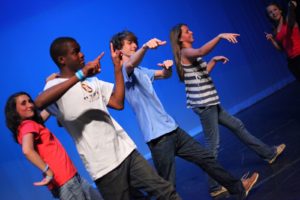
The mixed aged discovery group may not be a requirement for participation in the Discovery Process, but those schools that utilize this approach uniformly perceive it as an essential ingredient for optimal outcomes.
Onward, Malcolm Gauld
